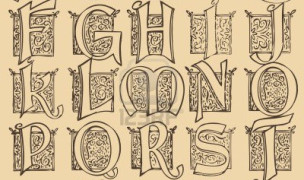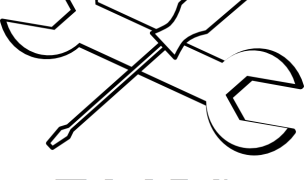 2 Terms
2 TermsHome > Industry/Domain > Biology; Medical > Human genome
Human genome
The human genome consists of 23 chromosome and the small mitochondrial DNA. 22 of the 23 chromosomes are autosomal chromosome pairs and the last one being a gender-determining pair. In total, the human genome contains the sequences of the 3 billion chemical base pairs that make up human DNA and approximately 20,000-25,000 genes. By understanding human genome, scientists are able to develop new medical applications that can significantly advance the state of health care.
Contributors in Human genome
Human genome
Adipocytes
Medical; Human genome
Fat-storing cells found mostly in the abdominal cavity and subcutaneous tissue. Fat is usually stored in the form of triglycerides.
Apolipoprotein
Medical; Human genome
1) Protein components of lipoproteins which remain after the lipids to which the proteins are bound have been removed; they play an important role in lipid transport and metabolism. 2) The protein ...
Allelic variant of unknown significance
Medical; Human genome
1) An alteration in the normal sequence of a gene, the significance of which is unclear until further study of the genotype and corresponding phenotype in a sufficiently large population; complete ...
Aneurysm
Medical; Human genome
1) Protruding sac in the wall of a vein, artery, or heart, frequently caused by microbial infection; may present as pain, pressure on nearby organs, or cardiac weakening. 2) A sac formed by the ...
Allelic variant
Medical; Human genome
An alteration in the normal sequence of a gene, the significance of which is often unclear until further study of the genotype and corresponding phenotype occurs in a sufficiently large population. ...
Ammonia
Medical; Human genome
A pungent colourless gaseous alkaline compound of nitrogen and hydrogen NH3 that is very soluble in water and can easily be condensed to a liquid by cold and pressure.
Featured blossaries
mihaela1982
0
Terms
1
Blossaries
0
Followers
French origin terms in English
 2 Terms
2 Terms

